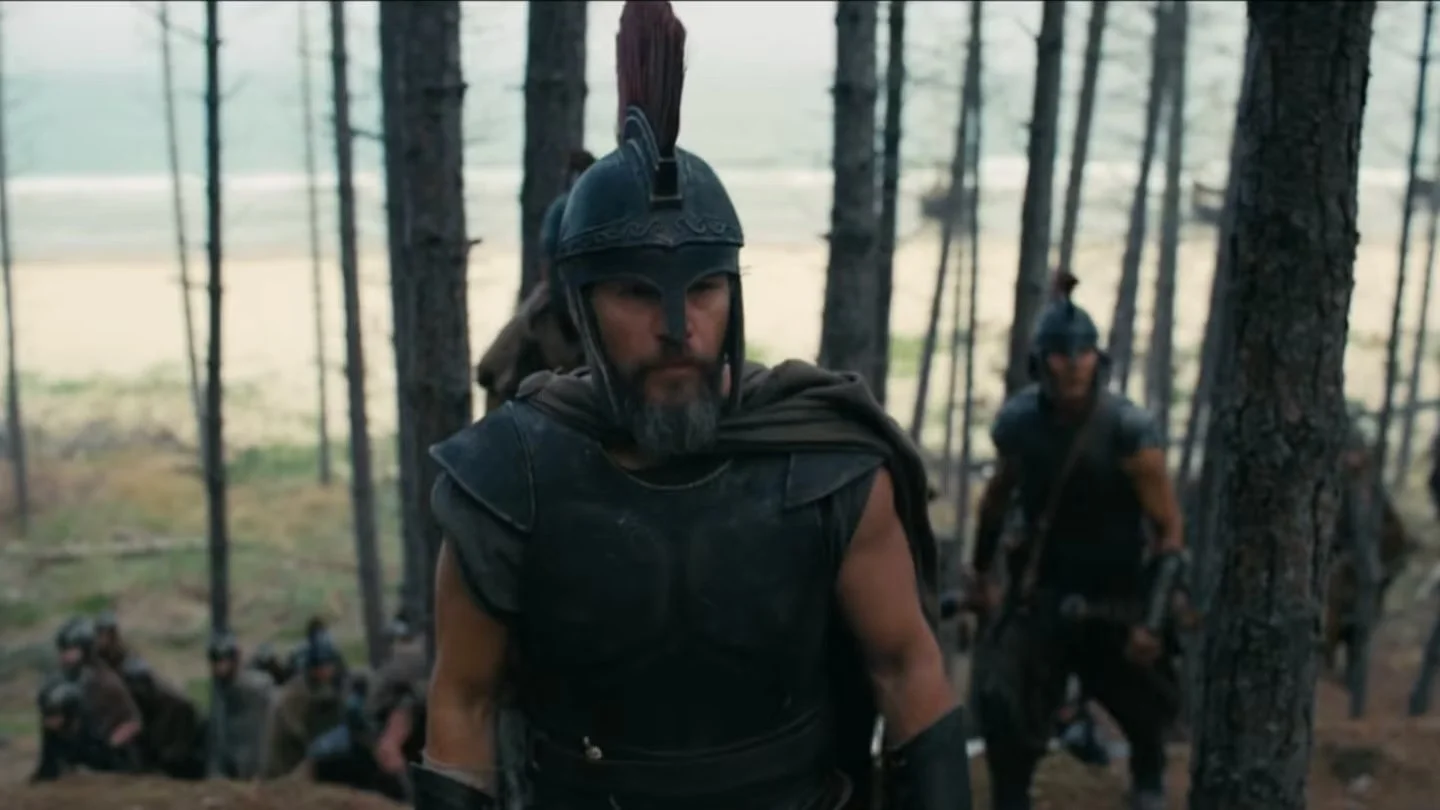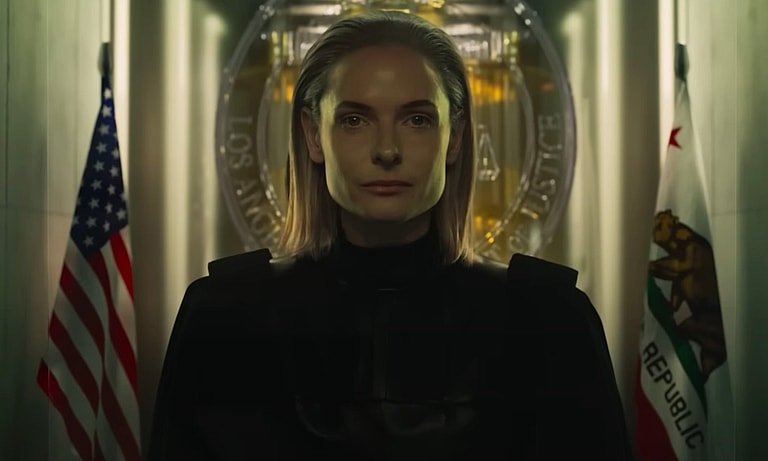Knives Out (“Ode to the Murder Mystery” Trailer)
/While Trailaurality covered Knives Out previously, this last trailer—more of an homage than a parody or satire—is more than worth a look and listen.
One need only look at, for example, this trailer for 1940’s Sky Murder to see where all of the cues are coming from. Johnson’s voice, artificially rendered low-fi, directly addresses the audience while swirling, chromatic strings and thrumming brass herald the invitation to the murder mystery. Overwrought wipe transitions and screen-sized, single-word captions demand the viewer’s attention.
In some ways, it’s not so different from the attention-wresting tactics of today’s trailers in the sense that dynamism and an epic sensibility are the guiding principles. However, the way it was done with in the 1940s obviously now resonates in a different way: if anything, it’s endearing to see these tropes make an emphatic return in the age of 4K and Dolby Atmos.
At 0:38 it leans even further into campy territory as Johnson says the detective “suspected foul play,” and then the character on screen (Daniel Craig) fully and redundantly says the same thing. The music here comes from a 2011 stock album by The London West End Orchestra, called “The Path of Destruction”; the album purportedly covers the 1920s and from the sounds of it is recorded to evoke that vintage as well.
While the specific musical choice doesn’t appear to have as particular a significance as the other Knives Out trailer we analyzed, it nonetheless fills the role of conveying an early-period trailer admirably, mixed down into the background for most of its use as Johnson’s narrative takes precedence. This is likely as much for the unusual amount of narrative information as it is to compensate for the small decrease in intelligibility owing to the low-fi filter.
Not many other trailers take the homage route—2014’s Inherent Vice and 2019’s Stuber immediately come to mind, but usually these sorts of cuts are left to fan communities, such as in this 80s-styled trailer for Terminator: Dark Fate. The question is to what extent the trailer’s production matches the film’s conceit in terms of its time period.
Filmgoers have an evolving but established set of criteria for what is “believable,” “realistic,” or otherwise culturally acceptable or unremarkable (in a benign sense) both in terms of the language of film and the language of its promotional media. For example, while The Hobbit was filmed at 48 frames per second rather than the industry-standard 24fps, and in theory this would suggest a heightened sense of realism when watching the film, this move was widely panned by the moviegoing public.
Conversely, the tropes and technologies put forward in this trailer for Knives Out work because they are native to the genre of the film; it’s endearing. Moreover, it provides a reason for the director’s, well, direct involvement in providing the voiceover, which is itself very unusual—it’s a film that clearly believes in the power of the director as auteur, willing and able to, in his words, create “the murder mystery—modernized.”
— Curtis Perry







